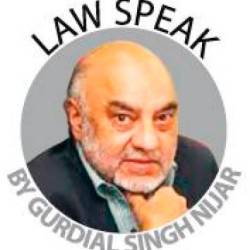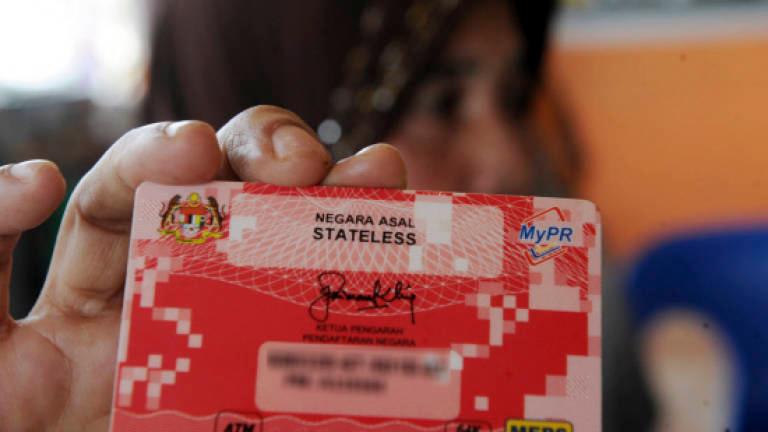IN line with its commitment outlined in the election manifesto, the unity government proposed certain amend-ments to the Federal Constitution to address the issue of children being denied citizenship due to their birth in a variety of problematic circumstances.
Foremost among these are children born overseas to Malaysian mothers with foreign spouses. They have been denied automatic citizenship by law.
However, such a right is accorded to children born of Malaysian fathers in exactly similar circumstances.
Two judges, one from the High Court and one (out of two) from the Court of Appeal, have ruled that children of Malaysian mothers should be accorded citizenship by law.
The case brought by Family Frontiers and six mothers is presently under appeal to the apex Federal Court.
Previous governments had promised to rectify this discriminatory practice.
However, despite assurances of forming a task force and a commitment to refer the matter to the Conference of Rulers, there has yet to be any concrete action.
This delay prolongs the anguish of these children and their parents. For when they return to Malaysia, these children are forced into an existential penumbra.
They are denied similar rights accorded to citizens, such as access to schools, medical treatment, a passport or an identity card.
Furthermore, in later years, they face challenges in living in Malaysia and securing gainful employment.
At long last, our Law Ministry has come up with a set of proposals. However, these have been met with mixed reactions.
Firstly, the children born to these mothers will automatically receive citizenship by law. However, the acquisition of this right is qualified.
For example, there is a precondition that the child must renounce any citizenship from another country. If the child is not yet of legal age (at least 18 years), his renunciation is not possible.
Secondly, the renunciation must be valid by law of the other country and must be recognised as so effective. Predictably, ascertaining this will be a protracted process and operate to render illusory the claim for Malaysian citizenship.
The proposal also requires the child, who is rendered stateless, to apply for citizenship through a registration process. However, this proposal is riddled with significant issues and challenges.
To begin with, it negates the provision of the Federal Constitution, which states that a person who is not born a citizen of any other country and is born in Malaysia, will automatically attain citizenship by law. This provision ensures that no person born within Malaysia will be rendered stateless.
However, the proposal places the child in an invidious position of remaining stateless and deprived of all rights, until the registration process is concluded, and even then, only if the registration application is approved.
As is widely recognised, the registration process takes an inordinately long time, with instances of waiting for a decade or more before any result emerges not being uncommon.
Furthermore, it negates the recent decision of the Federal Court, which held that in respect of such a child, unless the authorities can prove that he or she is not born within Malaysia, the child is a citizen by law.
The proposed amendment casts the burden of proof on the child to prove otherwise, which can be exceedingly difficult, especially if the child has been abandoned or is found in some public place, with no trace of his birthplace or parentage.
The ministry’s proposals also fail to address the situation of children born out of wedlock.
For example, an Indonesian or Thai mother bears a child from a relationship with a Malaysian man, and the child is born out of wedlock.
According to the Constitution, the child follows the nationality of the mother, presumably becoming an Indonesian or Thai citizen.
However, if the mother leaves the country and abandons the relationship and the child, he is placed in a hopeless situation.
The child is thrust to Indonesia or Thailand due to his legal status, but where should the child go when his only connection is with Malaysia?
In any event, he would need to obtain an Indonesian or Thai passport to go to these countries, but the child faces a roadblock because the respective embassies in Malaysia will require the mother’s presence to make the application.
These are some of the intricate issues that need a solution and must be addressed.
It is essential to remember that the child is not responsible for this predicament.
Reportedly, there are thousands of children grappling with similar situations.
I urge the government to reconsider the proposals carefully.
As universally acknowledged, a child is undeniably the most invaluable treasure in one’s life.
The writer is a former law professor and immediate past president of the National Human Rights Society of Malaysia (Hakam). Comments: letters@thesundaily.com










